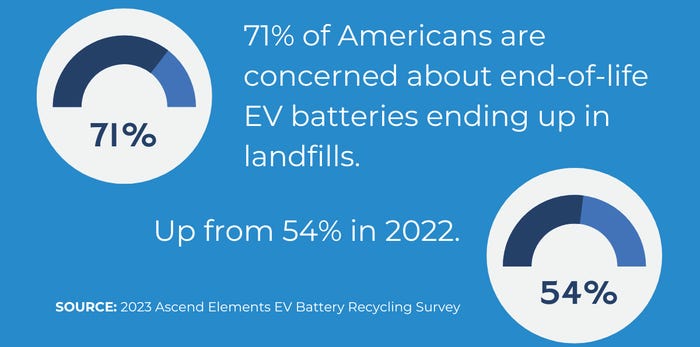EV battery recycling poised for steady growth

The Future of Electric Vehicle Battery Recycling
Electric vehicle (EV) battery recycling is emerging as a promising business opportunity, despite the challenges posed by U.S. trade policies and an ongoing economic slowdown. According to management consultancy firm Arthur D Little (ADL), the EV industry is at a pivotal point where sustainability efforts are becoming increasingly important.
The focus on recycling aligns with broader global initiatives aimed at promoting environmental responsibility within the automotive sector. Akshay Prasad, principal at ADL’s Southeast Asia automotive and manufacturing practices, emphasized that EV battery recycling could become a key business between 2030 and 2040, shifting the industry’s attention away from battery manufacturing.
Lithium-ion batteries, which are widely used in EVs, contain critical raw materials such as lithium iron phosphate (LFP), nickel, manganese, and cobalt. Reusing these materials supports a circular economy for batteries and helps reduce the environmental impact associated with mining for these essential elements.
Despite the growing number of EVs on the road, there is currently no established business model for recycling LFP, according to Mr. Prasad. This gap presents a significant opportunity for innovation and investment in the recycling sector.
Market Dynamics and Challenges
Car buyers are showing increasing interest in electric mobility technology, but Chinese automakers—major players in the global EV market—are facing difficulties due to the U.S. imposing a 100% tariff on their vehicles. This has led to a projected decline in global EV manufacturing between 2030 and 2035, with estimates ranging from 5 to 10%.
In response, many Chinese companies are turning their attention to the Southeast Asian market. They are employing various strategies to boost sales, including offering attractive discounts on EVs. Several Chinese firms have expanded their operations into Thailand, aiming to sell cars domestically and use the country as a new export base.
However, Thailand is experiencing a sluggish economy, weak consumer purchasing power, and high levels of household debt, all of which have negatively impacted EV demand. Despite these challenges, Mr. Prasad noted that there are still opportunities in the Thai EV market. Many EV brands have established themselves in the country, and several models have been well-received by local consumers.
Pricing Strategies and Market Competition
ADL has observed a price war among EV manufacturers in Thailand. However, since this pricing strategy has been in place for years, car manufacturers may need to explore new methods to increase sales and maintain competitiveness.
As the EV industry continues to evolve, the role of battery recycling will become more critical. With the right policies and investments, the sector can not only address environmental concerns but also create new economic opportunities. The transition towards sustainable practices will be essential in shaping the future of the EV market, both globally and regionally.

Comments
Post a Comment